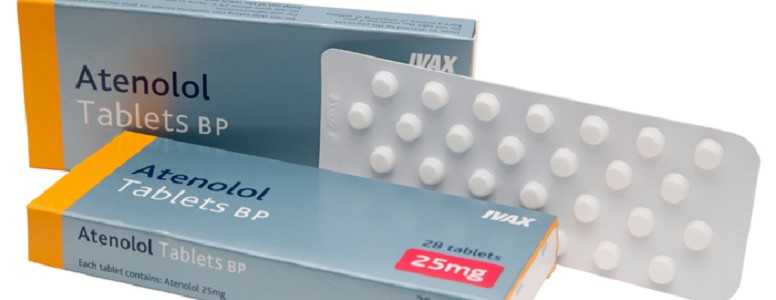Researchers from the National Centre for Global Health and Medicine in Tokyo have found that type 2 diabetes patients receiving intensive glycemic therapy can benefit from concomitant use of beta blockers to reduce adverse cardiovascular events.
The study findings, published in the journal Diabetes Care, provide further evidence that beta blockers – a medication for high blood pressure also known as beta-adrenergic blocking agents – have a cardioprotective effect and suggest that it might even be greater among people with type 2 diabetes.
Previous studies have, however, indicated that beta-blockers should be used cautiously by type 2 diabetes patients as it can mask some of the body’s warning signs for insulin-induced hypoglycemia, such as tachycardia.
This study evaluated whether intensive glycemic therapy (the nature and dosage wasn’t mentioned by the authors) in diabetes patients receiving treatment with beta blockers reduced clinical end points including cardiovascular events, all-cause death, and cardiovascular death compared to glycemic treatmentalone.
Dr Tetsuro Tsujimoto and his colleagues have used Action to Control Cardiovascular Risk in Diabetes (ACCORD) trial data to conduct their experiment.
The Japanese researchers studied more than 10,000 ACCORD participants, of whom 3,000 had type 2 diabetes and were receiving beta blockers.
In patients taking beta blockers, the cumulative cardiovascular event rates were significantly lower with intensive glycemic therapy than with standard therapy. Inversely, for those not receiving beta blockers, event rates were significantly higher with intensive therapy.
But using standard or intensive glycemic therapy did not make much difference when it comes to all-cause mortality and cardiovascular deaths in beta blockers users.
Further research is needed to confirm these results as the research team wasn’t able to assess whether different types of beta blockers, such as cardioselective and nonselective beta blockers, had similar effects on cardiovascular events and death.
What's new on the forum? ⭐️
Get our free newsletters
Stay up to date with the latest news, research and breakthroughs.


